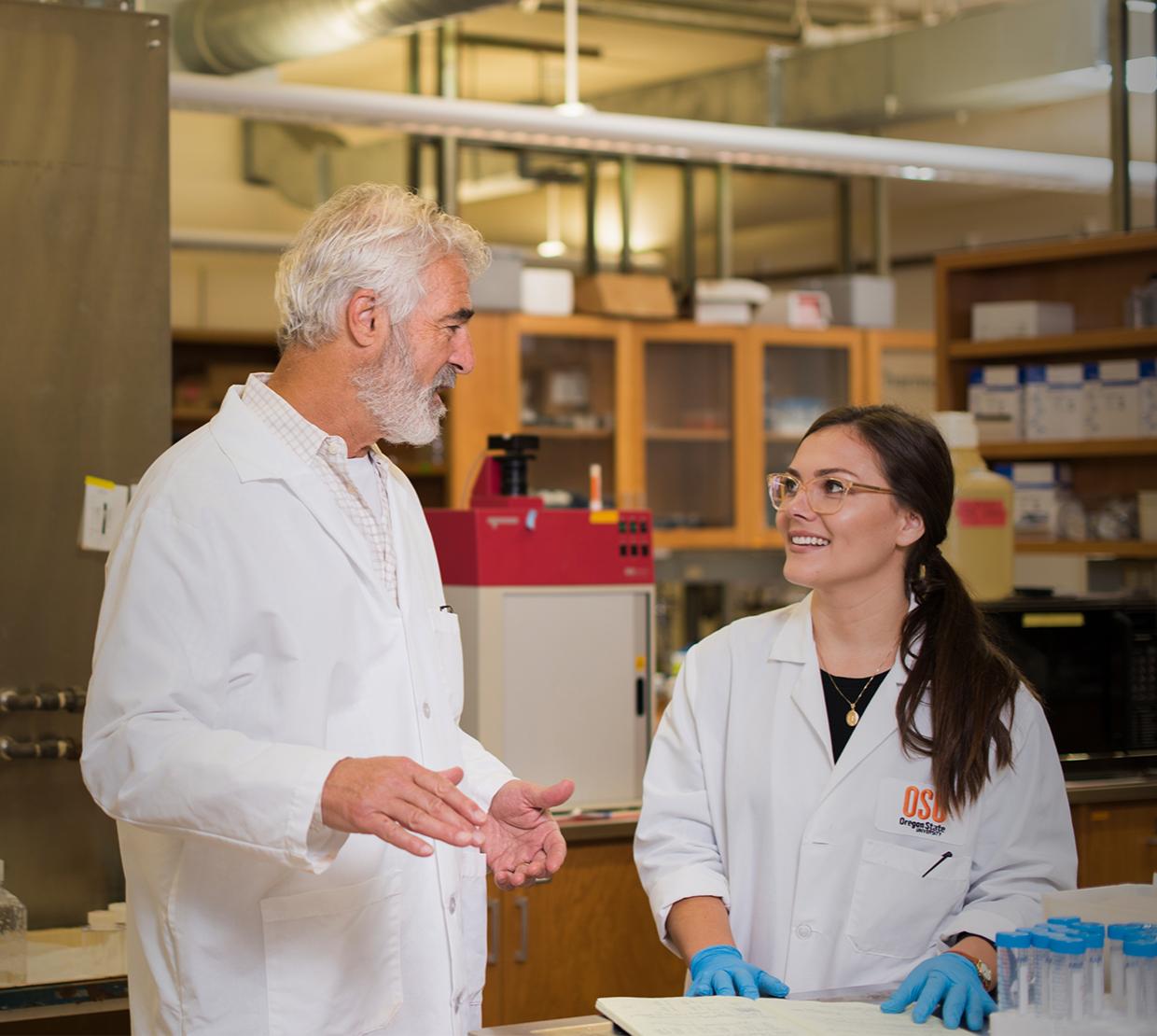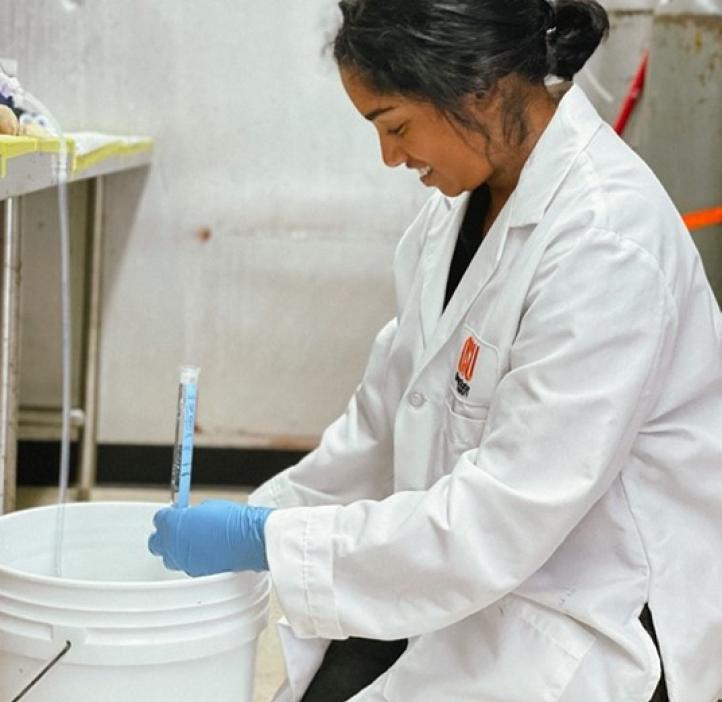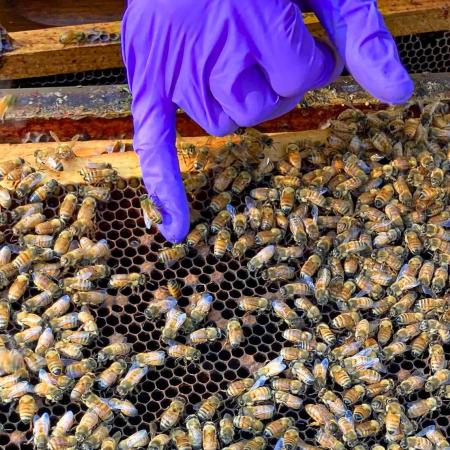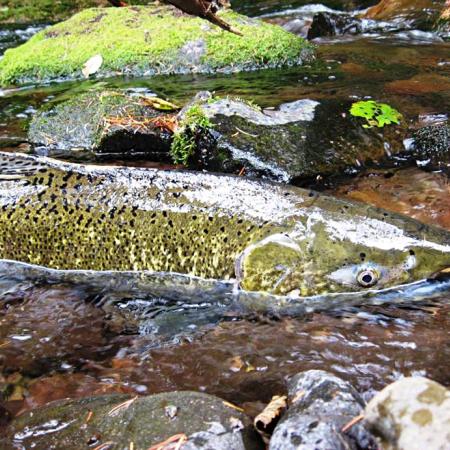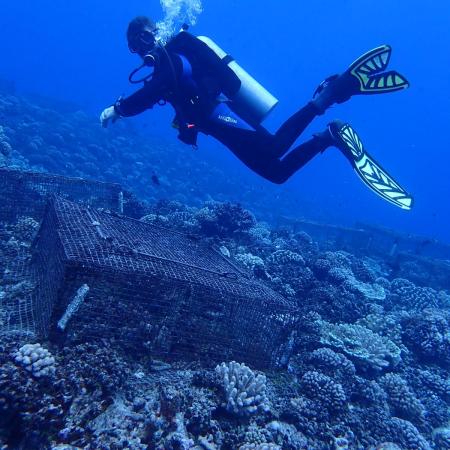Drs. Stephen Giovannoni and Francis Chan were awarded a SciRIS Phase II grant for their proposal, “Hypoxic Barrier: Oxygenase Enzyme Kinetics and Ocean Health”. They are excited about receiving College of Science support to extend their research, which started with a SciRIS Phase I proposal. The Phase I award allowed them to purchase gas flow controllers and other equipment that made it possible to conduct experiments in which plankton communities were maintained for months at normal (~260 µmol/L) or hypoxic (10 µmol/L) oxygen concentrations. Chan says, “Everybody wants to study anoxic or zero oxygen environments but we are focusing on hypoxic conditions that are far more common in Oregon coastal waters”.
The team published a paper titled, “Biochemical Barriers on the Path to Anoxia?”, in 2021 showing oxygenase enzymes are far less sensitive to oxygen than respiratory enzymes. This may explain why ocean systems frequently appear to pause before dropping to very low oxygen concentrations. The team hypothesizes that the insensitivity of oxygenase enzymes to oxygen is a bottleneck. With the new SciRIS Phase II award, they will be able to extend their work to include metabolomics, which will allow them to measure the types of organic matter that accumulate when oxygen is depleted. The team works with modeler Curtis Deutsch, of Princeton, and Daniel Petras of the University of Tübingen.
Sarah Wolf, a fifth year PhD candidate co-advised by Giovannoni and Chan, is supported by the proposal. As a result of her involvement in the UNESCO Global Ocean Oxygen Network, she recently shared this research at the 53rd International Liège Colloquium on Ocean Dynamics in Liège, Belgium where “Low oxygen environments in marine and coastal waters” was the focus of the meeting. Undergraduate trainee on the project, Clare Jayawickrama, was also invited to present their work at the OSU Honors College Research Showcase and the Coastal Undergraduate Research Symposium. The SciRIS award will help Giovannoni, Chan, Wolf, and Jayawickrama inch closer to increasing our ability to predict hypoxic events on the Oregon Coast, hence increasing the resiliency of Oregon’s coastal communities threatened by the impacts of climate change.
